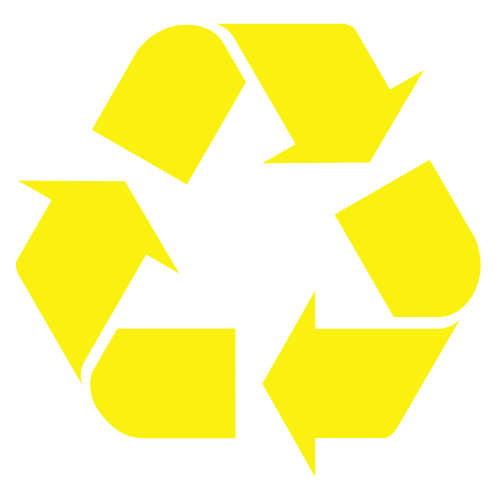


In our quest for a greener planet, recycling stands out as a cornerstone of environmental stewardship. However, even the most well-intentioned efforts can go awry if we're not mindful of the correct practices. The world of recycling is fraught with misconceptions and common errors that can hamper its effectiveness. Let's delve into some of these pitfalls and learn how to recycle right, enhancing the quality of recyclable materials and contributing positively to our environment. 1. Wish-cycling: A Well-Meaning Mistake One of the most prevalent mistakes is 'wish-cycling' – the act of tossing non-recyclable items into the recycling bin, hoping they can somehow be recycled. This optimistic practice stems from a good place but can cause more harm than good, contaminating the recycling stream and making the sorting process more difficult and costly. Avoid wish-cycling by familiarizing yourself with what can and cannot be recycled in your local community's program. 2. Not All Plastics Are Created Equal A common misconception is that all plastics are recyclable. In reality, the recyclability of plastic depends on its type and sometimes its shape. Items like plastic bags, straws, and certain types of food packaging are often not accepted in standard curbside recycling programs due to the challenges they pose in the recycling process. Check with your local recycling guidelines to understand which plastics are accepted and consider reducing your use of non-recyclable plastics. 3. The Importance of Clean Recycling Another mistake is not cleaning or rinsing out recyclables before tossing them in the bin. Food residue and liquid can contaminate other recyclables, especially paper, making them unsuitable for recycling. While recyclables don't need to be spotless, a quick rinse can significantly improve the quality of materials sent for recycling and reduce contamination rates. 4. 'Tanglers' Cause Tangles Items like hoses, wires, and cords, often referred to as 'tanglers,' can disrupt the machinery used in recycling facilities, causing equipment damage and endangering workers. These items should never be placed in your recycling bin. Instead, look for specialized recycling programs or drop-off locations that accept these materials. 5. Ignoring Local Recycling Rules Recycling programs vary widely from one municipality to another, and what's recyclable in one area may not be in another. One of the biggest mistakes you can make is not adhering to your local recycling rules. These guidelines are tailored to the capabilities of local facilities and markets for recyclable materials. Always consult your local waste management authority's website or resources for the most up-to-date information. Enhancing Your Recycling Efforts Recycling is more than just a way to manage waste; it's a commitment to reducing our environmental impact and supporting a circular economy. By avoiding these common mistakes and making informed decisions, we can all contribute to a more efficient and effective recycling system. Remember, the goal of recycling is not just to divert waste from landfills but to ensure that materials are processed and made into new products, conserving resources and energy in the process. As we strive to do our part for the planet, let's commit to recycling done right. It's a journey of continuous learning and adaptation, but together, we can make a significant impact on the health of our environment and future generations.

Recent Posts